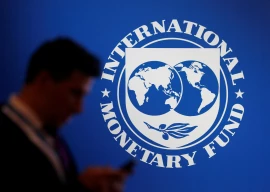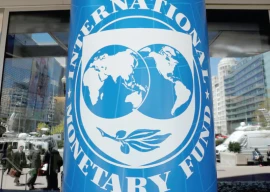
The recent announcement of the CM Honahar Scholarship Programme 2024 for undergraduate students in Punjab marks a significant step towards promoting accessibility to higher education. Valued at Rs7 billion this year and backed by a substantial seven-year budget of Rs131 billion, the initiative aims to help 30,000 deserving students in the region during the life of the project. One interesting aspect of the programme is that students at private universities are also eligible for the scholarships, which represents a significant expansion of government assistance for talented youth, especially since many private universities in the countries offer top-notch education, but most deserving students are priced out of even applying, let alone attending.
The emphasis on sustained financial backing of students, with a 10% annual budget increase, reflects a well thought-out effort to ensure students are not running out of money halfway through their degrees, while the selection process - at least on paper - appears above board, with socioeconomic parameters such as verifying the monthly family income of applicants, being given high importance. However, given the amount of problems we have seen in the past in scholarship programmes run by Islamabad or the provinces, including Punjab, the government must ensure that the programme is also as transparent as possible. Information for applicants must also be comprehensive and easily accessible, and the entire process should be kept rigorous, but also streamlined to allow the maximum number of deserving students to apply and benefit. Transparent guidelines and criteria for assessing merit must be clearly communicated to all stakeholders, ensuring that the selection process is fair and impartial. Otherwise, if merit and transparency can be brought into question, opposition parties and critics are liable to make the programme unworkable.
Only if the fundamental principles of transparency and meritocracy are upheld at every stage can the scholarship programme effectively empower deserving students and contribute to the advancement of higher education.





















COMMENTS
Comments are moderated and generally will be posted if they are on-topic and not abusive.
For more information, please see our Comments FAQ